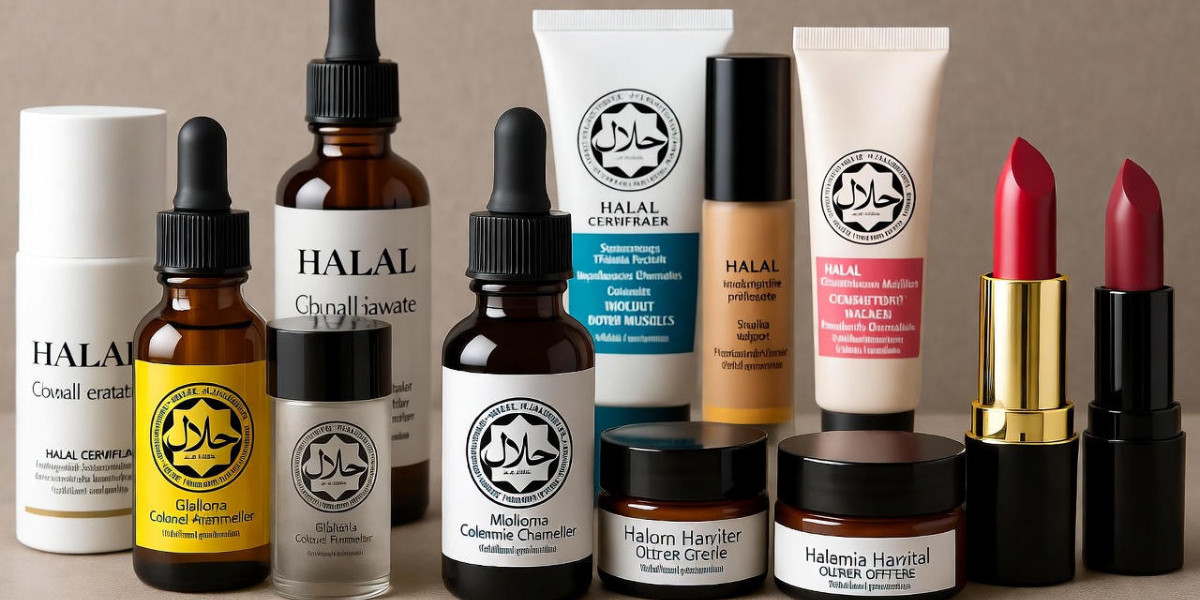The cosmetics industry has seen a significant transformation in recent years, with increasing demand for products that align with ethical and religious values. Halal cosmetics, which adhere to Islamic law, have gained popularity among consumers seeking assurance that their beauty products are not only effective but also permissible under their beliefs. This article explores the benefits of halal cosmetics certification and why it matters for consumers and manufacturers alike.
What Is Halal Cosmetics Certification?
Halal cosmetics certification ensures that beauty products comply with Islamic dietary laws. This certification covers various aspects, including the sourcing of ingredients, manufacturing processes, and overall product integrity. To receive halal certification for cosmetics, products must be free from any prohibited substances and must not involve any unethical practices during their production.
1. Ethical Sourcing of Ingredients
One of the primary benefits of halal cosmetics certification is the ethical sourcing of ingredients. Products that are halal certified contain halal certified cosmetic ingredients that are derived from permissible sources. This commitment to ethical sourcing extends to ensuring that no animal cruelty is involved in the ingredient procurement process. Consumers can feel confident that their beauty products align with their ethical values.
2. Assurance of Quality and Safety
Halal-certified products undergo rigorous testing and quality control to ensure safety and efficacy. The certification process requires manufacturers to adhere to strict guidelines, which means that consumers can trust that the products they purchase meet high standards. This assurance of quality is crucial for those who are health-conscious and seek safe beauty options.
3. Increased Market Appeal
Manufacturers that obtain halal cosmetics certification can tap into a growing market of consumers who prioritize halal products. This market expansion is not limited to Muslim consumers; many individuals are increasingly interested in ethical and natural beauty products. By offering halal-certified cosmetics, brands can attract a diverse customer base and increase their market share.
4. Transparency and Accountability
Obtaining halal certification fosters transparency in the production process. Brands must provide full disclosure about their ingredients and manufacturing practices to become certified. This level of transparency helps build trust between consumers and brands, allowing customers to make informed decisions about the products they use.
5. Compliance with Global Standards
Halal cosmetics certification aligns with global standards for ethical production and safety. As consumers become more aware of the impact of their purchases, they seek products that not only fit their personal values but also comply with international quality and safety regulations. By achieving halal certification, brands demonstrate their commitment to maintaining high standards that resonate with a global audience.
6. Enhanced Product Longevity
Halal-certified products often emphasize natural and organic ingredients, which can lead to enhanced product longevity. Many halal cosmetics avoid synthetic preservatives, opting instead for natural alternatives that are both effective and safe. This focus on quality ingredients not only benefits consumers but also contributes to a more sustainable beauty industry.
7. Support from Organizations Like Halal Watch World
Organizations such as Halal Watch World play a vital role in promoting awareness and understanding of halal standards in cosmetics. They provide guidance and resources for both consumers and manufacturers, ensuring that everyone involved in the halal cosmetics industry is well-informed. By supporting these organizations, consumers can advocate for greater transparency and ethical practices in the beauty industry.
Conclusion
The rise of halal cosmetics certification reflects a broader trend toward ethical consumerism. As more individuals seek products that align with their values, the demand for halal-certified cosmetics will continue to grow. By investing in cosmetics and personal care certification, manufacturers can not only enhance their product offerings but also contribute to a more ethical and sustainable beauty industry. Whether you are a consumer seeking halal options or a brand looking to tap into this market, understanding the benefits of halal certification is essential for navigating the evolving landscape of the cosmetics industry.






